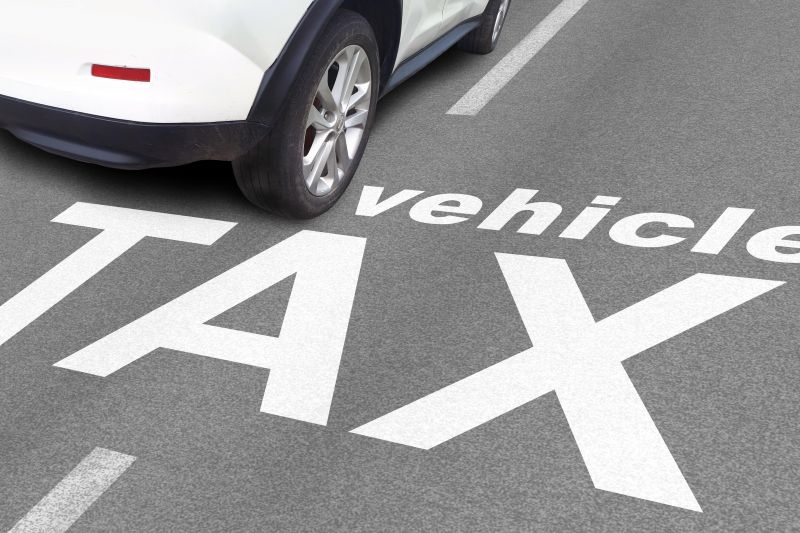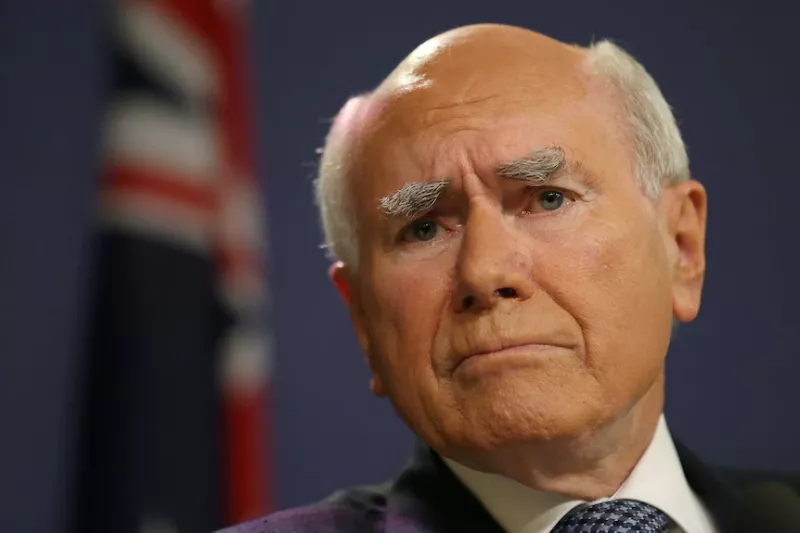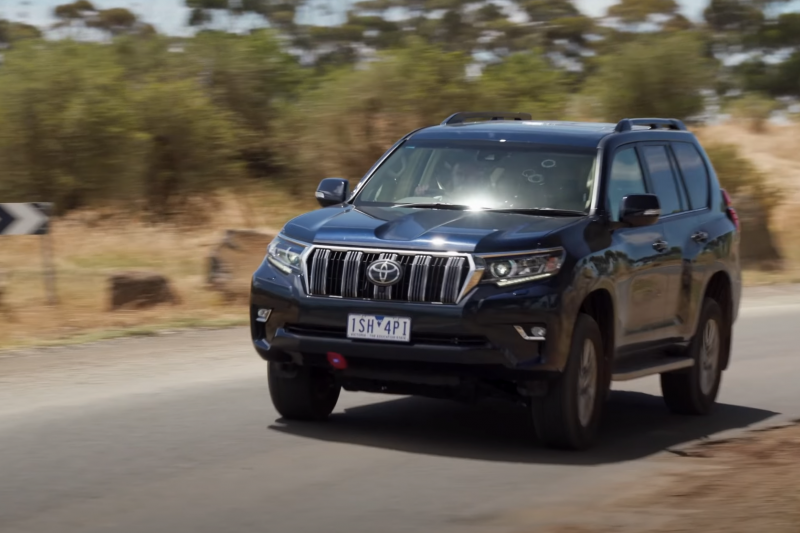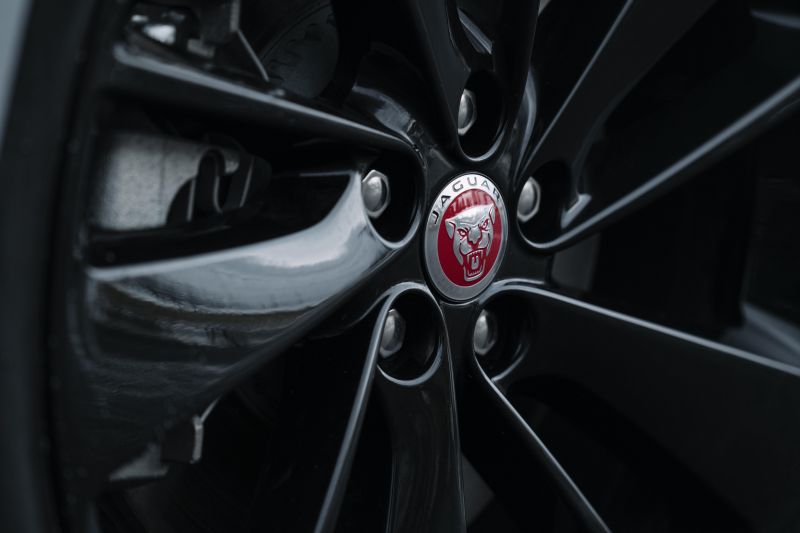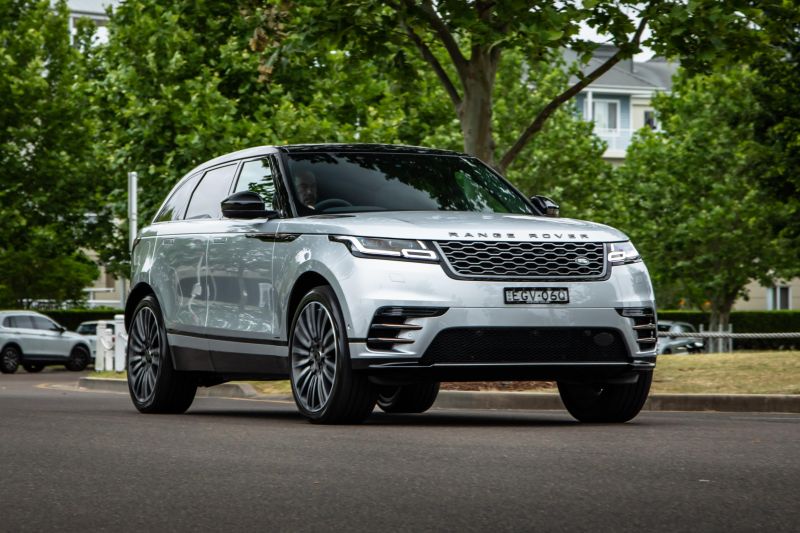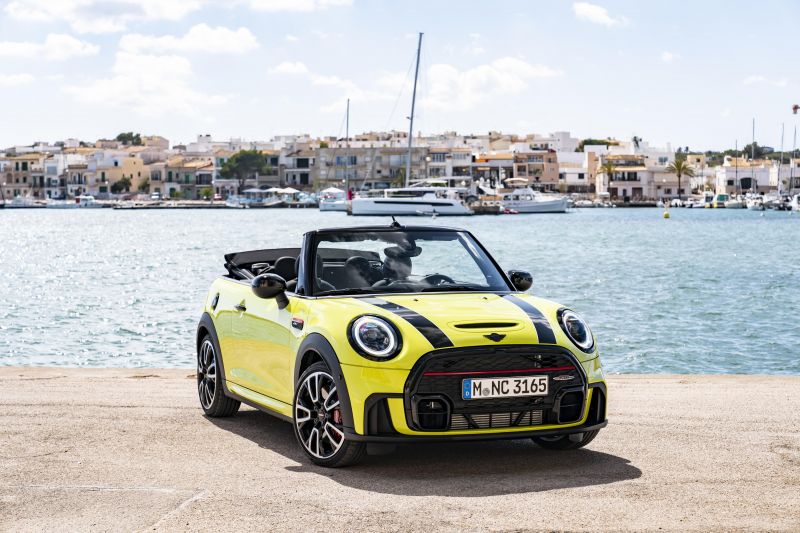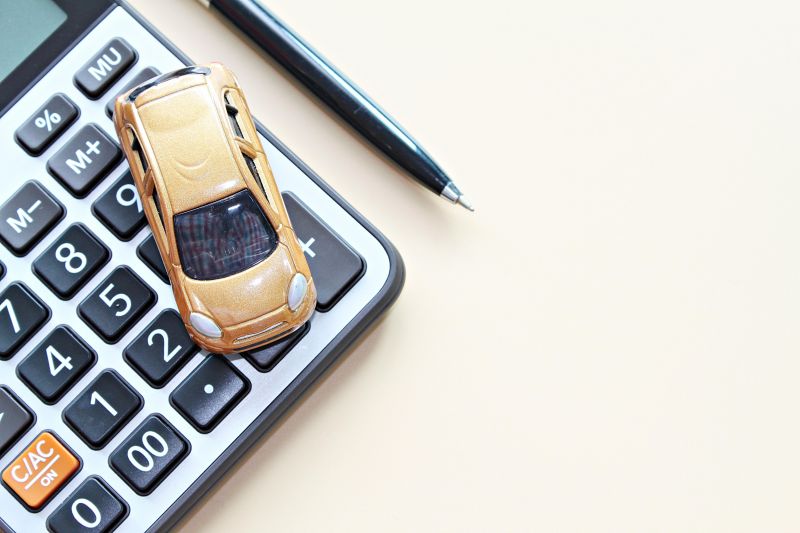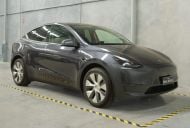The UK Government has reportedly come to an internal consensus to offer Australia a free-trade agreement that will see the two countries phase out import taxes (tariffs) on goods like medicine, alcohol, metals, wine, meat and cars over the next 15 years, according to a report by the BBC.
The full terms of the deal are yet to be fully agreed to by both sides, but the Australian government should be keen to remove the tariffs that the UK imposes on its non-ferrous metal, wine and meat exports if it can reassure the British National Farming Union that it wont flood the market with Aussie meat – Australia accounts for 14 per cent of sheep meat going to the UK but only 0.15 per cent of Australia’s total meat exports are UK-bound, thanks in large to the tariffs. It might be an easy sell, but it comes at a price.
The UK’s primary exports to Australia are alcohol, medicine and cars. The price the Australian Government may have to pay is the gradual decline of the 33 per cent Luxury Car Tax and some concessions on alcohol tax.
The LCT, as it’s uniformly known in the automotive business, was introduced by the Howard Government on 1 July 2001 at 25 per cent. The idea was to protect the local manufacturers from the hoard of luxury overseas brands that would look to take on the likes of the Ford Fairlane, Holden Statesman and to a lesser extent, the Toyota Aurion.
It increased to 33 per cent in 2008. Since local manufacturing closed down with Holden in 2017 and Ford, Toyota and Mitsubishi in prior years, the Luxury Car Tax has remained without justifiable cause.
As it stands today (2020-2021), LCT comes into affect at the rate of 33 per cent on cars that cost more than $68,740 and use more than 7.0L/100km of fuel. If they are more fuel efficient than that, the threshold increases to $77,565.
For example, a $100,000 car which uses 8.0L/100km, you would pay the 33 per cent tax on $31,260 (100,000 minus 68,740). So add 33 per cent to $31,260 and you get an additional $10,315 of tax – then add GST, stamp duty and whatever else you can make stick on top, for no good reason.
If you think about some of Australia’s most popular cars, like the Toyota LandCruiser and even some of the higher-end dual-cab utes that easily go over that $68,740 threshold, the LCT starts to make less and less sense.
It’s not just cars either, there is a hefty tax on alcohol in the Australian market as well. Australians love their beer but happen to pay a lot for it – in fact we pay the fourth-highest beer tax in the industrialised world at around 42 per cent (17 times higher than the Germans and even six times higher than the US).
It gets even worse for liquor, at around 57 per cent. But until we start AlcoholExpert, it’s back to cars.
From iconic British brands like Jaguar and Land Rover, Mini, Bentley and Rolls-Royce, Lotus and McLaren to other companies with factories in the UK like Honda and Nissan, there are a large number of vehicles that come to Australia from the UK, and far more that would come if the LCT did not apply.
The talk of the free-trade agreement has long been in the works, not just with the UK but with the European Union. In fact, we have been told many, many times by many European car companies they have told their representatives back home that any EU free-trade agreement with Australia needs to see the end of the Luxury Car Tax. Can the UK free-trade agreement be the first domino to fall?
Surely, the Australian Government cannot begin to phase our LCT on British-made cars but keep them on the Germans or Italians?
It has been an interesting tax in Australia, no doubt it has support from the ‘tax-the-rich’ crowd, but it is in its inherent nature an unfairly targeted tax on cars. A $5 million boat has no such tax, nor does a $100,000 watch. We can all argue that a Toyota Prado is less of a luxury item than either of those two products. So either ‘luxury’ is taxed as a whole, or cars that come at a certain price point are unfairly targeted.
Besides, as cars go down the electrification path, they will get expensive and despite the LCT fuel-efficient threshold being close to $80,000 – the LCT will start to and already has, applied to a much larger number of European cars simply because they are electric. Think of a petrol Audi Q5 versus an electric Audi E-Tron at roughly double the price. Reducing tailpipe emissions is now a ‘luxury’.
Will the Morrison Government do what is right, or continue to play politics with a tax that the liberals themselves introduced?
In this age of incredible government debt, removing a tax that nets the federal government around $700 million per year seems like it may be impossible, but if it means more business for local companies who can export their goods (who then pay more tax), the numbers may just add up.
With the recent federal budget showing no substantial support for EVs or reduction in LCT, it’s all but certain that any agreed UK free trade agreement will still be at least 12 months away before it potentially affects LCT, but it’s the first and surest sign that something may soon start to soon.

